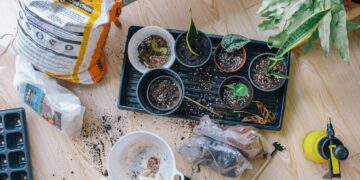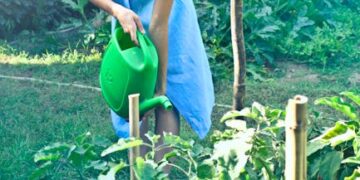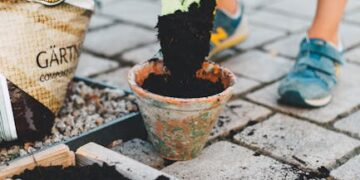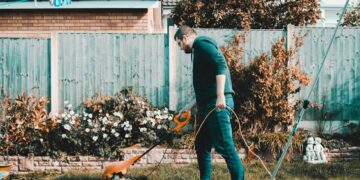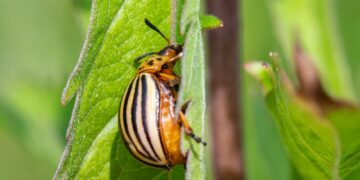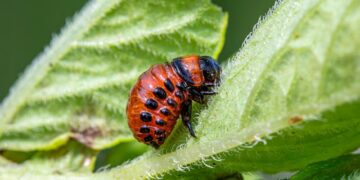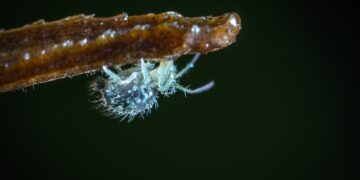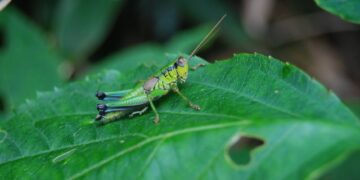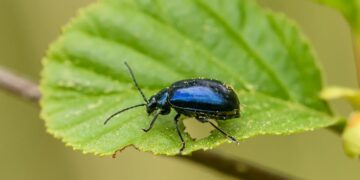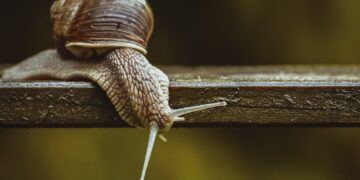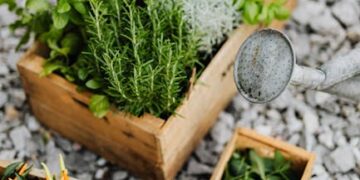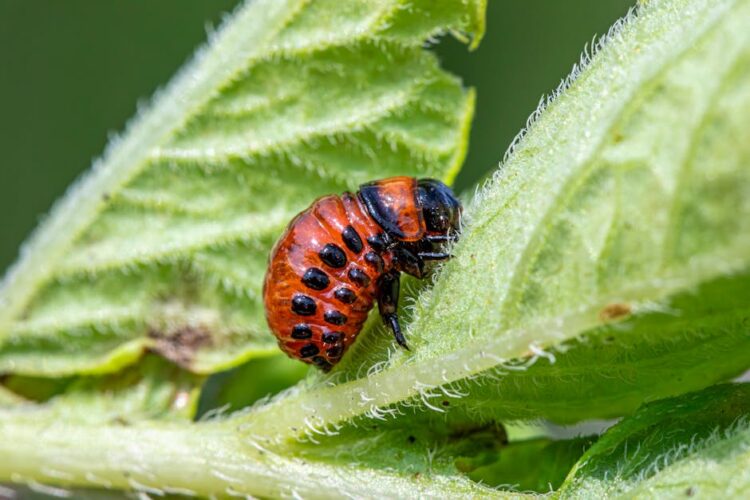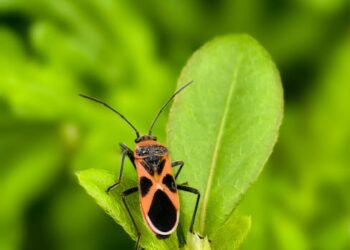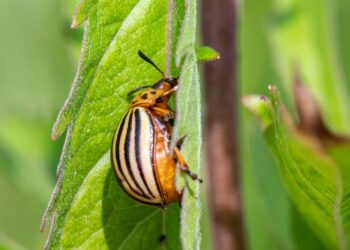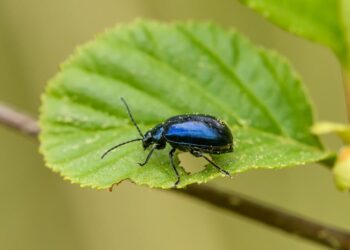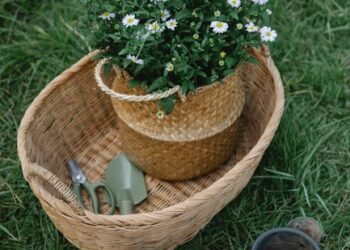DIY Garden Bug Repellents That Work: Organic Solutions for a Pest-Free Yard
Nothing ruins the joy of gardening quite like an invasion of pests. However, using chemical pesticides to combat these unwanted visitors can harm the environment and might be risky for your health and the health of pets. Fortunately, there are several effective, organic, and environment-friendly solutions that can keep your garden thriving and pest-free. Here’s how to make your own DIY bug repellents using simple, everyday ingredients.
Understanding the Benefits of Organic Repellents
Before diving into specific recipes, it’s crucial to understand why organic repellents are often a better choice than their chemical counterparts. Organic repellents are not only safer for people and pets, but they’re also kinder to the delicate ecosystem in your garden. By using natural solutions, you promote biodiversity, help maintain soil health, and ensure that your garden is a sanctuary for beneficial insects and pollinators as well as a place of growth for plants.
Essential Oil Spray: A Versatile Pest Solution
Ingredients You Need
- Water
- Witch hazel or mild soap
- Your choice of essential oils (e.g., peppermint, lavender, eucalyptus, or lemongrass)
How to Make It
Combine 1 cup of water with 1 cup of witch hazel or a teaspoon of mild soap. Add 10-20 drops of your chosen essential oils. The exact amount can be adjusted based on the level of pest infestation and the area of coverage needed. Pour the mixture into a spray bottle, shake well, and spray directly onto plant leaves. Reapply every few days, especially after rainfall, for the best results.
Why It Works
Essential oils are not just good for aromatherapy – they contain properties that many garden pests find irritating. For example, peppermint oil is highly effective at deterring ants and spiders, while lavender oil can help keep moths and fleas at bay.
Neem Oil: An All-Purpose Organic Solution
Ingredients You Need
- Neem oil
- Mild soap
- Water
How to Make It
Mix 2 teaspoons of neem oil with 1 teaspoon of mild soap. Stir this mixture into a gallon of water until well blended. Transfer the solution to a spray bottle or garden sprayer. Apply sparingly on the plants affected by pests. It’s best used during cooler parts of the day, either early morning or late afternoon, to avoid leaf burn.
Why It Works
Neem oil is derived from the neem tree and contains several compounds that are toxic to pests but harmless to plants and beneficial insects when used correctly. It disrupts the life cycle of insects at all stages — from larvae to adult — reducing infestation over time.
Garlic Pepper Spray: Strong and Effective
Ingredients You Need
- Fresh garlic cloves
- Cayenne pepper or any hot pepper
- Water
- Mild soap (optional)
How to Make It
Blend about five cloves of garlic with a tablespoon of peppers and a pint of water. Strain the mixture to remove solid particles and then add a drop of mild soap to help the spray adhere to plant surfaces. Store in a spray bottle and apply to affected areas of your garden.
Why It Works
Many bugs find the strong odors of garlic and peppers to be repulsive, making this spray an excellent deterrent for common garden pests like beetles and aphids.
Frequently Asked Questions About DIY Pest Control
How Often Should I Apply These Organic Repellents?
It is advisable to spray every 1-2 weeks and after any heavy rainfall. However, the frequency may increase depending on the severity of the pest problem.
Are These Sprays Safe for All Plants?
While these organic sprays are safe for most plants, it’s a good idea to test a small area first before applying extensively, especially if you’re using neem oil or garlic pepper spray, as some plants can be sensitive.
Can I Combine Different Ingredients to Make a More Effective Spray?
Yes, feel free to experiment by combining ingredients like neem oil and essential oils to create a customized pest control solution that works best for your garden’s specific needs.
By adopting these DIY organic garden bug repellents, you’re not only ensuring a lush, bountiful garden but also contributing towards a healthier, more sustainable planet. Remember, the key to successful garden pest control is consistency and patience, so keep at your efforts, and you’ll soon see a thriving, vibrant yard.

